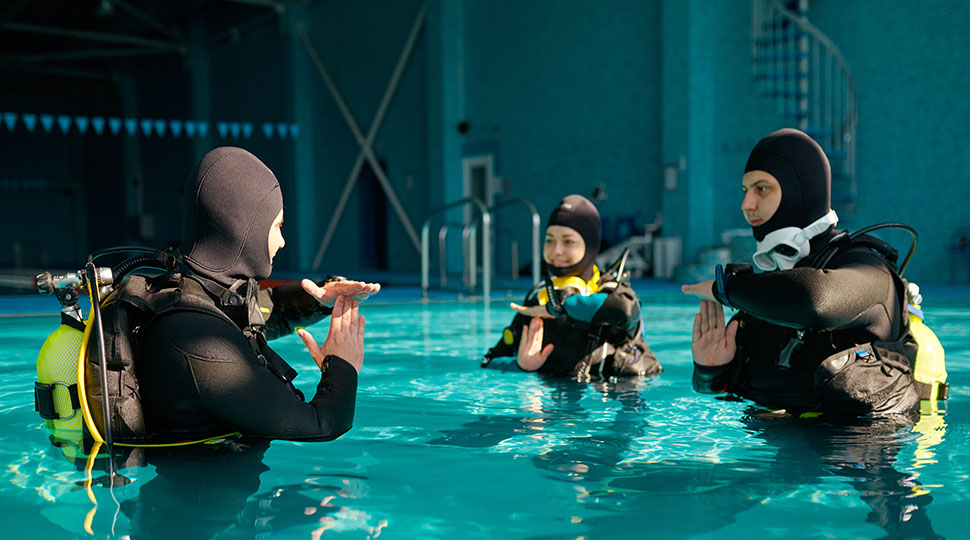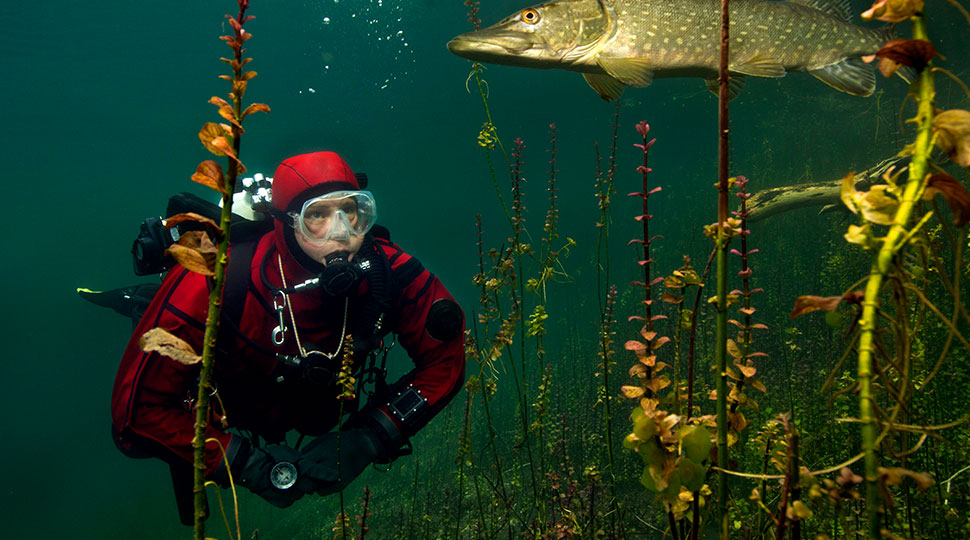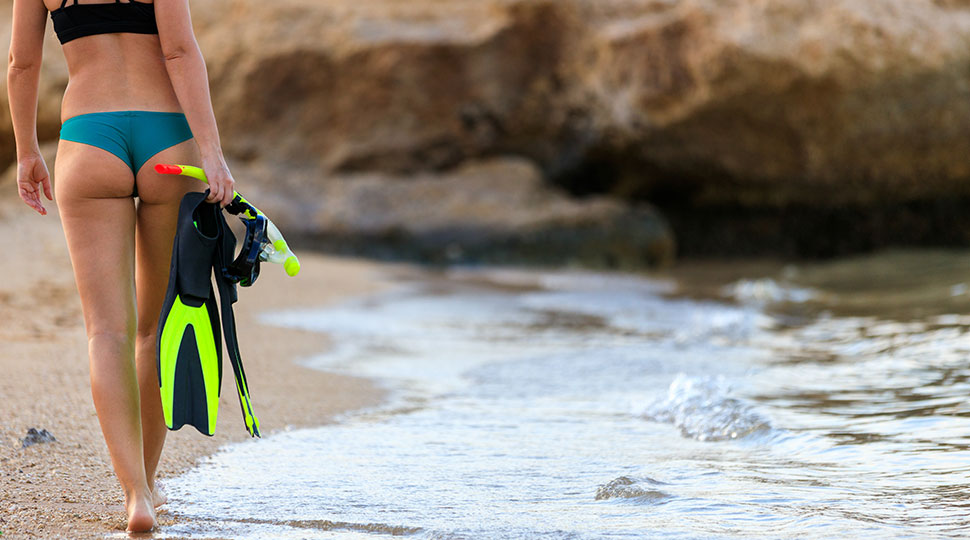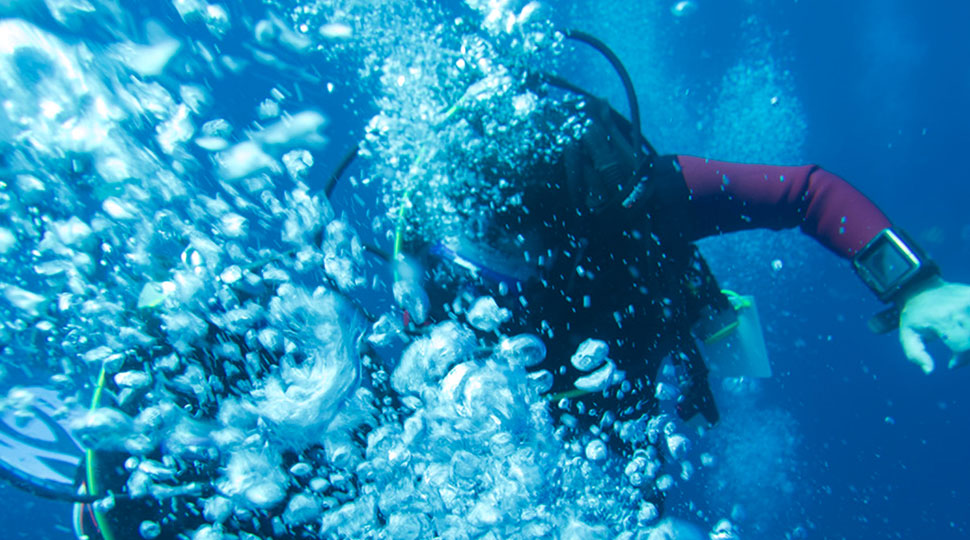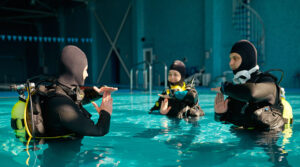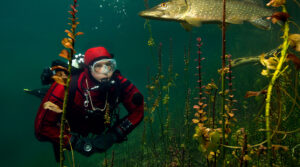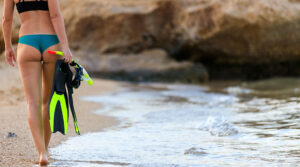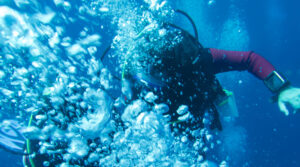The excitement of scuba diving is undeniable, and the thrill only gets better when you combine deep sea exploration with the opportunity to swim with majestic marine creatures such as hammerhead sharks. This article will cover everything you need to know about planning a scuba diving adventure in the deep sea and help you understand the importance of safety precautions when swimming with these amazing animals.
Get ready to embark on a journey that will leave you with unforgettable memories!
What is Deep Sea Exploration?
Deep sea exploration is the activity of diving, investigating, and observing the ocean’s depths, which are generally considered to be areas deeper than 60 feet (18 meters) underwater.
This type of exploration provides a unique opportunity for divers to experience the wonders of the marine world, including fascinating creatures that inhabit these mysterious depths.
Scuba Diving Adventures in the Deep Sea
Equipment Needed for Scuba Diving in the Deep Sea
To enjoy a scuba diving adventure in the deep sea, you will need the appropriate equipment. This includes:
- Mask, snorkel, and fins
- Wetsuit or drysuit (depending on water temperature)
- Buoyancy Control Device (BCD)
- Scuba regulator and tank
- Dive computer
- Depth gauge and dive watch
- Weights and weight belt
- Emergency equipment such as a whistle and signaling device
- Underwater camera (optional)
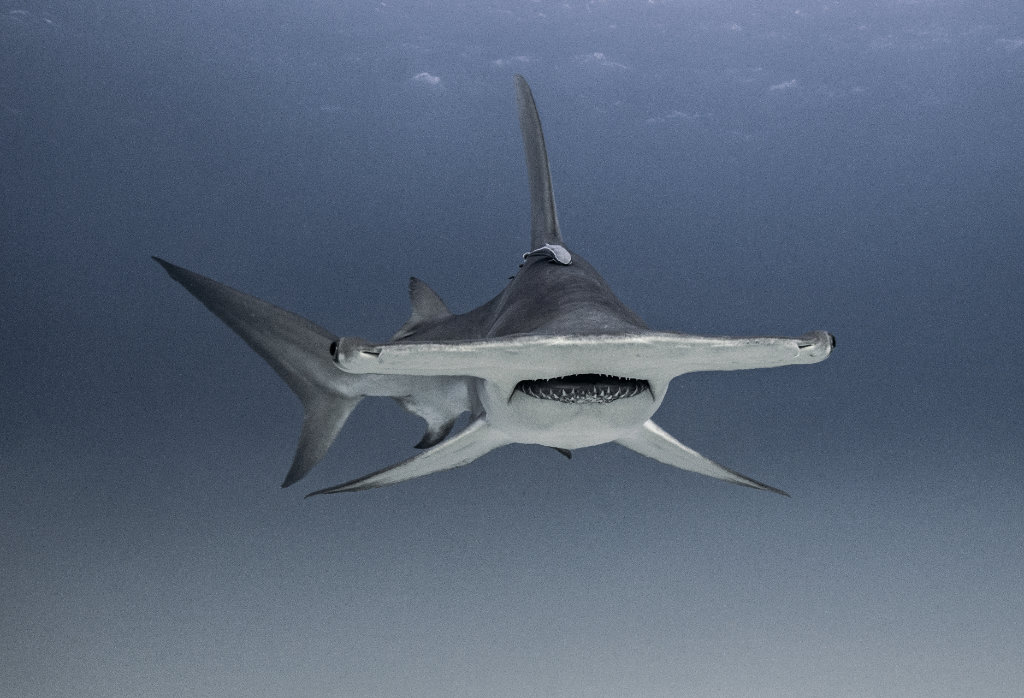
Safety Precautions to Take When Scuba Diving in the Deep Sea
When embarking on deep sea scuba diving, it’s crucial to prioritize safety to ensure a successful and enjoyable diving experience. Follow these safety precautions:
- Ensure proper certification and training for deep sea diving
- Choose a reputable dive center or instructor to guide you
- Check your equipment thoroughly before each dive
- Monitor air consumption and decompression limits
- Plan and stick to a safe dive profile
- Dive with a buddy or group
- Stay aware of currents and bottom composition
- Practice proper buoyancy control
Locations Around the World Where You Can Go on a Scuba Diving Adventure
There are numerous locations worldwide that offer fantastic scuba diving experiences. Some of the best locations for deep sea diving adventures include:
• Great Barrier Reef, Australia
• Silfra Fissure, Iceland
• Blue Hole, Belize
• Palau, Micronesia
• Red Sea, Egypt
• Maldives, Indian Ocean
• Galápagos Islands, Ecuador
• Komodo National Park, Indonesia
Swimming with Hammerhead Sharks
Description and Facts about Hammerhead Sharks
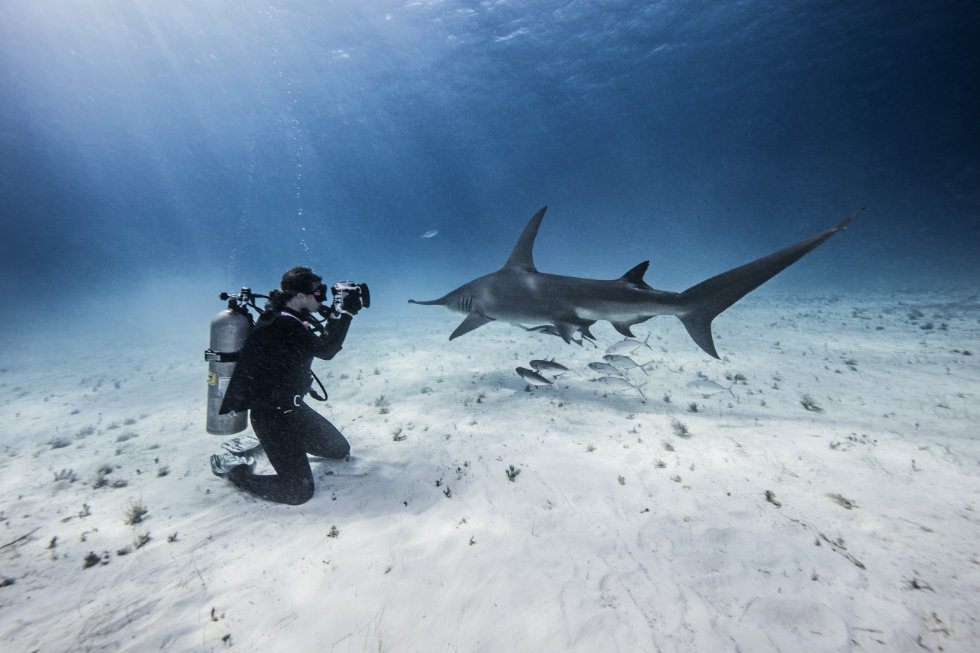
Hammerhead sharks are a group of sharks belonging to the Sphyrnidae family, easily recognizable by their distinct hammer-shaped heads. There are nine species of hammerhead sharks, ranging in size from three to 20 feet long.
These powerful predators have excellent maneuverability and can detect electric fields emitted by their prey, thanks to the unique structure of their head.
Tips for Safely Swimming with Hammerhead Sharks
To ensure a safe and enjoyable experience while swimming with hammerhead sharks, follow these tips:
- Choose a dive operator with experience working with sharks
- Keep a respectful distance from the sharks at all times – minimum of 10 feet (3 meters)
- Do not touch or interfere with the sharks in any way
- Use slow and controlled movements when in the water
- Avoid wearing shiny or brightly colored clothing or accessories
- Remain calm and composed during the encounter
Best Locations to Swim with Hammerhead Sharks
Although hammerhead sharks can be found in waters worldwide, there are certain locations where encounters are more likely. The best places to encounter hammerhead sharks include:
- Cocos Island, Costa Rica
- Galápagos Islands, Ecuador
- Bimini, Bahamas
- Malpelo Island, Colombia
- Layang Layang, Malaysia
The Safety Stop
After an exhilarating scuba diving adventure and unforgettable encounters with hammerhead sharks, it’s essential to ensure you end the dive on a safe note. Follow the guidelines of your dive operator, and don’t forget to perform a safety stop during your ascent.
A safety stop is a short pause (usually around 3-5 minutes) at a depth of approximately 15 feet (3 meters) to help eliminate residual nitrogen from your body, reducing the risk of decompression sickness. It’s also the end of our article and your chance to pick another!
As you prepare to embark on a scuba diving adventure that takes you to the depths of the ocean and allows you to swim with the remarkable hammerhead sharks, remember to prioritize safety, respect the marine environment, and enjoy every moment of this unforgettable experience.
Happy diving!3

